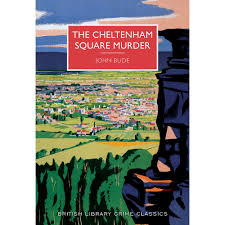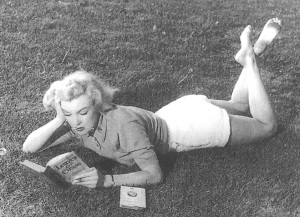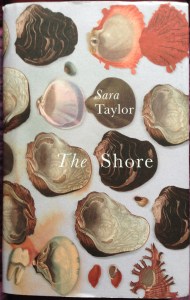The 1937 Club is running all week, hosted by Kaggsy at Kaggsy’s Bookish Ramblings and Simon at Stuck in a Book. Often these Club years are a good opportunity to indulge in some golden age crime, and today I’m looking at one from the British Library Crime Classics series, which has been doing great work bringing many of them back.
I’ve read three other from the series by John Bude, all of which I enjoyed, so I was looking forward to The Cheltenham Square Murder.
Bude takes the trope of a closed circle of suspects and places them in a respectable square of Regency houses in the titular spa town.
“A quiet, residential backwater in which old people can grow becomingly older, undisturbed by the rush and clatter of a generation which has left them nothing but the memories of a past epoch.”
I always like a map or room plan in a novel and here we have a plan of the square and inhabitants, which wasn’t really needed but pleased me nonetheless.
The square couldn’t be more genteel. There is a man of the cloth and his sister; a doctor; a formidable spinster and her pack of dogs; two elderly sweet sisters; and a couple who look down on everyone but as they are titled no-one seems bothered.
The exceptions are Mr Buller, who seems a right wrong ‘un, and Captain Cotton who is a cad and a bounder. When the latter is shot in the head with an arrow through an open window while visiting the former, it sends everyone into a spiral.
“Rumour again stepped in. The Rev. Matthews was suspected of having connived with the murderer. Sir Wilfred and Lady Eleanor had fled from justice. Fitzgerald was the murderer. Dr. Pratt was the murderer. Poor Mr West had been arrested for the murder stepping onto the boat at Dover. Miss Boone had shot all her dogs and then attempted to take her own life. Currents and crosscurrents of suggestion and counter-suggestions crept into their shrinking ears and left the Misses Watt bewildered. They felt that at any moment, due to some horrible miscarriage of justice, they themselves might be warned that anything they had to say would be taken down in writing and (possibly) used in evidence.”
Thankfully, Superintendent Meredith, who has been such an effective sleuth in Budes other novels, is visiting his friend Aldous Barnet (from The Sussex Downs Murder) on the square, one of the few residents who doesn’t practice archery. It’s agreed Meredith can consult on the case.
Well, I can only think that taking the waters at Cheltenham has a stultifying effect on Meredith’s powers, because there is something so completely, blindingly obvious about the crime, that he somehow fails to consider until page 161. His second in command is local police Inspector Long who, despite his clumsily evoked regional accent and general attitude of misogyny, is portrayed as quite capable. He doesn’t notice this either.
This made for a slightly frustrating read, as who the murderer was became clear quite quickly too. I don’t mind it when I guess the outcomes with golden age mysteries as they are my comfort read, and I like a police procedural, but this felt a bit plodding.
There was still a lot to enjoy though. The exposure of rivalries, betrayals and tensions behind a respectable façade is always fun. The characterisation of the various neighbours is very well realised, and I also liked the setting and the use of the square as a way of expanding the country house murder story to a wider environment.
The humour is gentle, such as the Misses Watts panicking that they will be arrested, or the interrogation of a faded Bright Young Thing given to inappropriate chumminess:
“So you flatly deny it was you?
Absolutely flatly, old boy.”
The Cheltenham Square Murder ran to 285 pages in this edition and I think had it been 200 pages it would have been absolutely cracking. But as it was, still an enjoyable and diverting escapist read.
To end, of all the 80s pop videos I’ve posted on this blog, this might be the most 80s of all 😀




